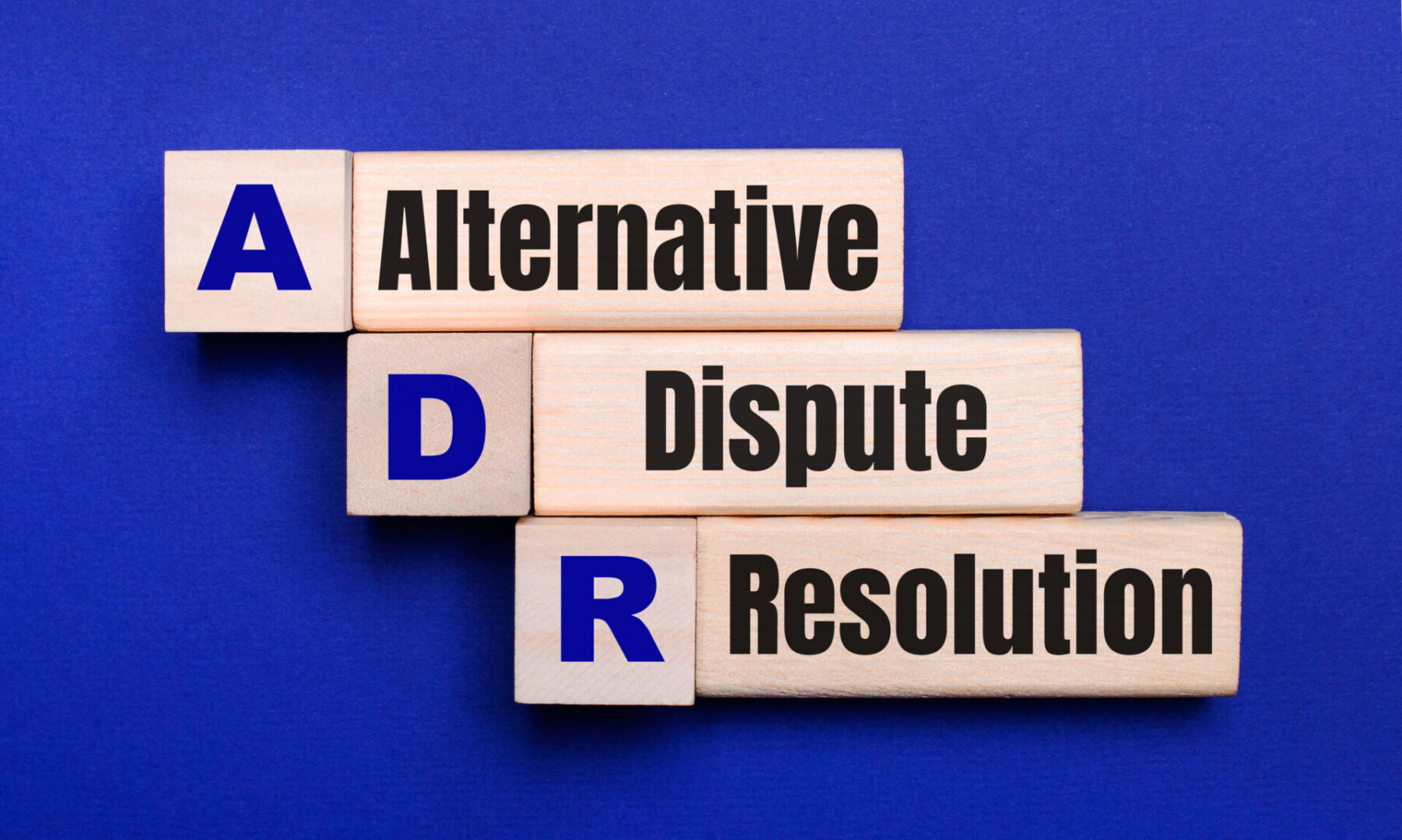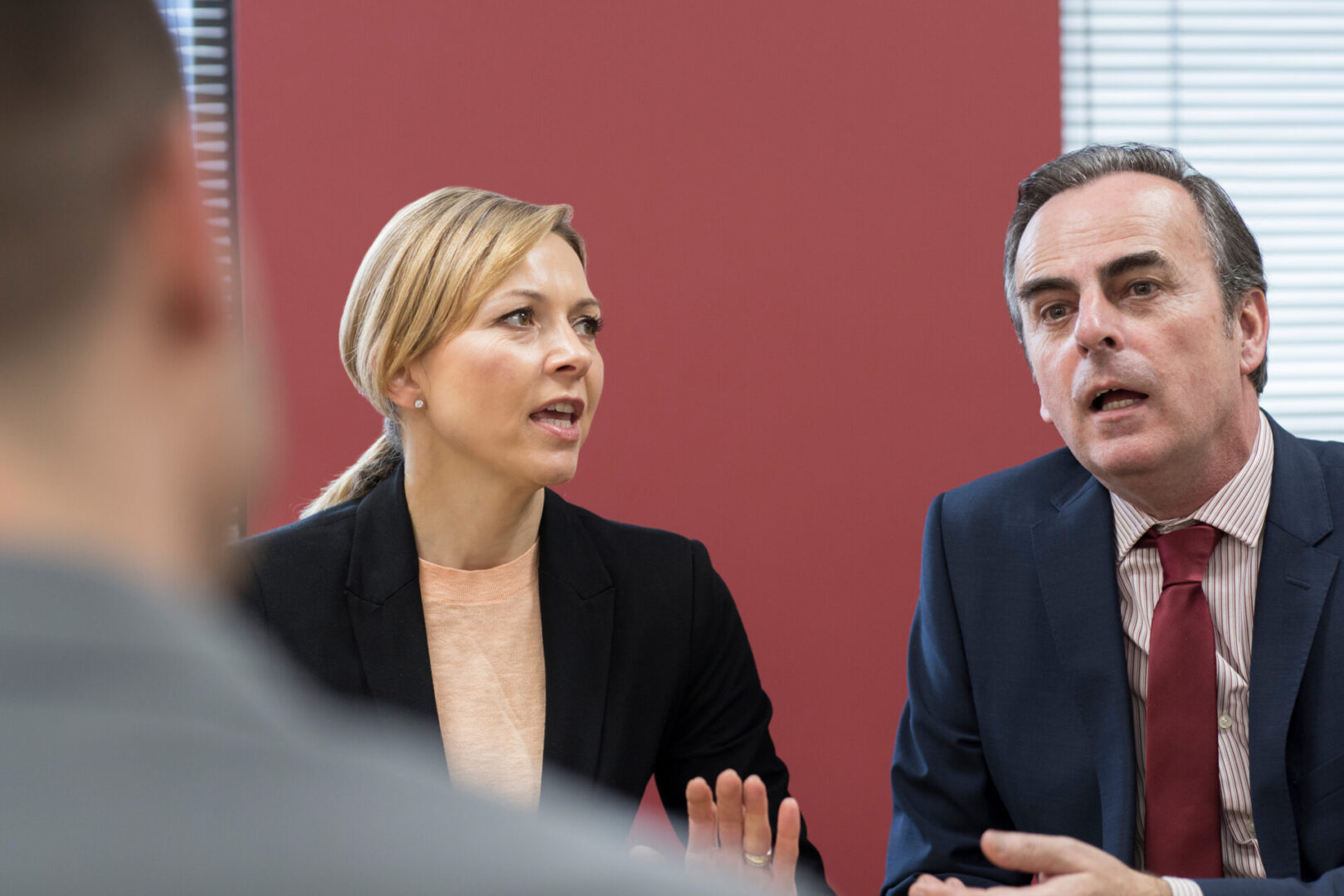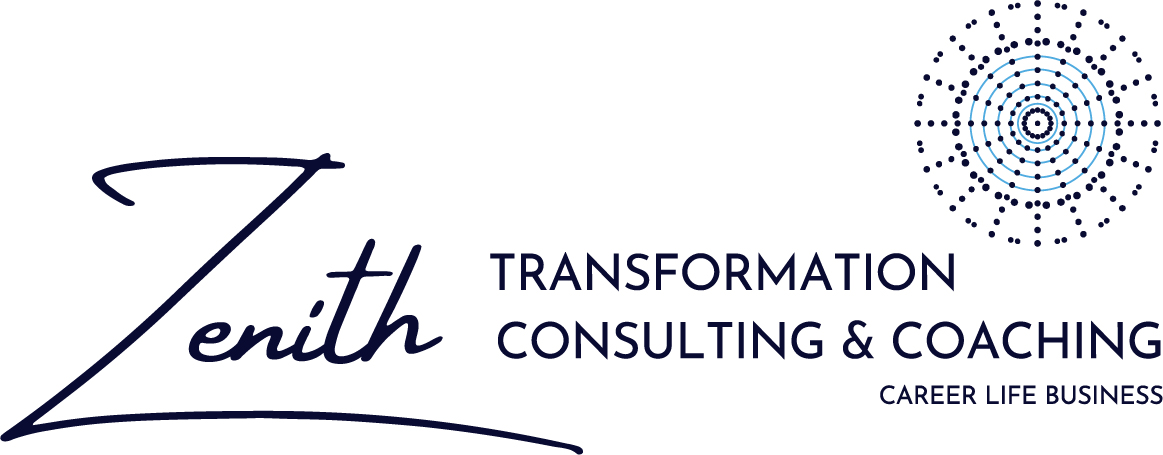Mediator
Description
Conflict Resolution
Any legal action dealing with a dispute takes a toll. For families, it is an emotionally challenging time for you and your children. For business owners, leaders, and managers, it can be an unnecessary distraction from your core business or family.
Mediation is a process based on problem-solving principles and your needs and interests. The approach focuses on fairness, privacy, self-determination, and the best interest of all parties involved in your dispute.
A mediator is the neutral, third-party observer. My presence seeks to help people in conflict negotiate a mutually acceptable agreement or outcome. I facilitate communication, promote understanding, assist in identifying their needs, and use problem-solving techniques to enable you and the other party to reach your own agreement.
Mediation is an alternative to court processes and gives you much more control over how your dispute or difference is dealt with. Any outcomes are private and confidential. If negotiations fail, mediation can provide an alternative to pursuing other more formal processes, such as litigation.
My mediation process with clients involves:
- All parties listening to each other’s point of view:
- Identifying the issues in the dispute.
- Setting an agenda to discuss the issues.
- Sharing relevant information.
- Exploring options and testing possible solutions.
- Negotiating a written agreement/outcome.

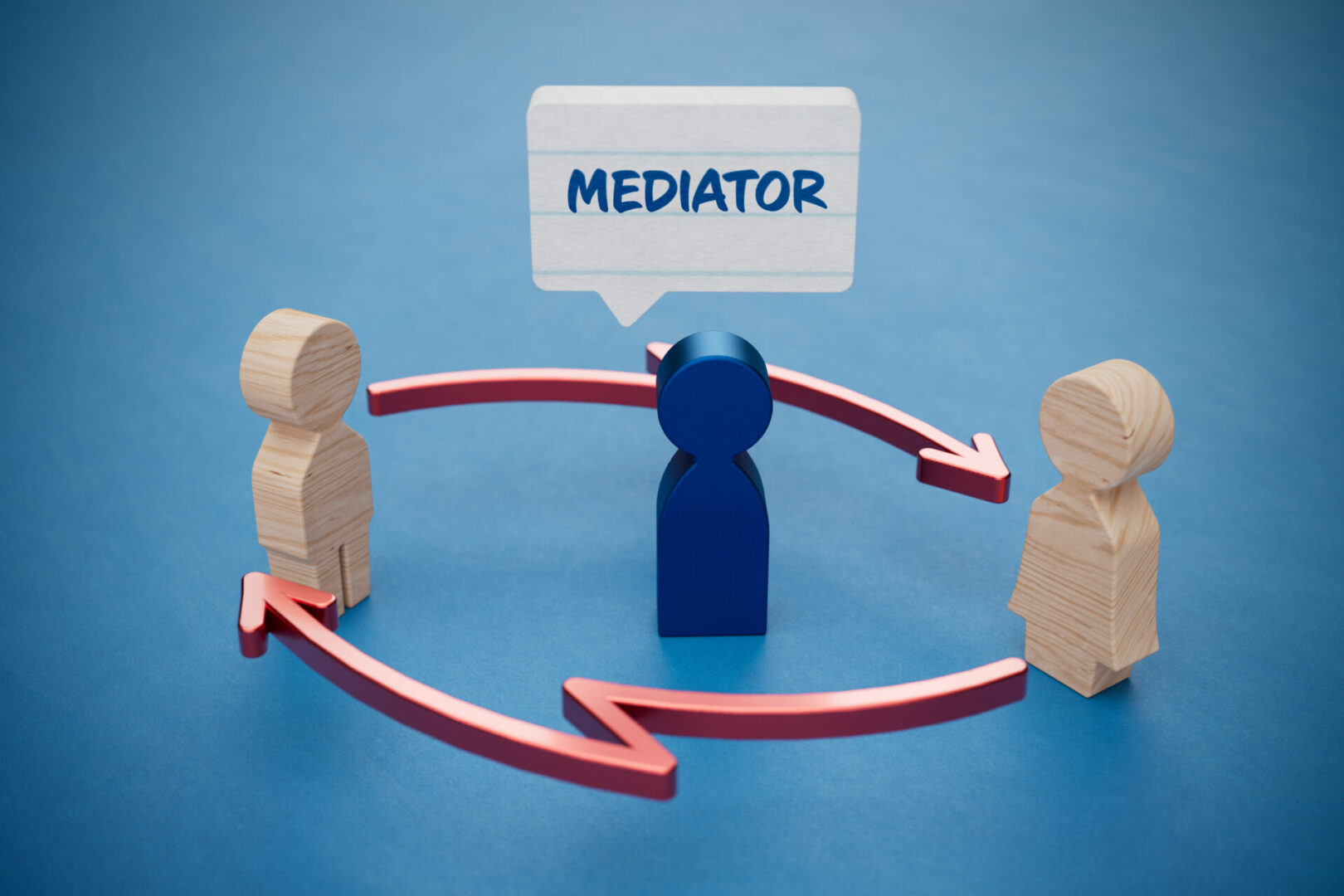
What are the Advantages of Mediation?
- Affordability. Mediation costs considerably less than litigation.
- Efficiency. The mediation process can usually settle disputes quickly.
- Effectiveness. Statistically, current mediation outcomes are based on a 93% success rate.
- Informality. The process of Mediation is flexible and informal. It is optional to have legal representation during the mediation process.
- Empowering. All disputing parties are directly engaged in negotiating a settlement/outcome.
- Non-Confrontational. can preserve and improve relationships
- Confidentiality. Information disclosed during Mediation may not be divulged as evidence in any trial or judicial proceeding.
- It Works! Experience has shown that the vast majority of cases in Mediation settle on the first day. Many cases unresolved in the first session will settle within a month.
Mediation May Be Appropriate When
- Parties want to preserve a valuable relationship
- There is a limited number of parties
- Legal costs are disproportionate to the amount of money in dispute
- Delays resulting from litigation would be unacceptable
- A tailored/complex solution is needed
- Issues involved are sensitive, confidential, emotional or personal.
- Mediation can successfully be used to resolve disputes in any area or any type of conflict, including civil matters, commercial and contractual issues, negligence claims, personal injury claims, insurance, family disputes, human rights, workplace and organisational conflict, debtor-creditor issues, property and estate issues, environmental and municipal issues, construction and engineering disputes, healthcare conflict, and many others.
Workplace Mediation
I provide organisations and individuals with mediation sessions to assist with dispute resolution or enhance colleague productivity and team cohesion.

Familiarise Yourself With the Mediation Process
Good preparation is the key to getting the most from mediation. This method is much more informal than other dispute resolution alternatives. You should find out everything you can about the process of mediation. Understanding the process will make you feel more comfortable and relaxed. It may take all day, so wear comfortable clothing and consider what refreshments are available or near our venue. If necessary, consider bringing your own food, drinks, and snacks.
Think About The Issues Involved
Consider the issues you want to discuss during the mediation and write them down. Think about each of the problems you’ve encountered and why they are important to you. Record the issues that are most important to you and separate those that are less important.
Identify What Might Be the Issues for the Other Party
Mediation is about resolving disputes with other parties. They, too, have significant issues, so it is worthwhile to consider what those issues may be. Negotiations will be enhanced if you can anticipate what the other party may bring up.

Decide What You Want
Consider what you would like to achieve from the Mediation. What are the needs and interests that you need to be met? They may include such things as:
- a financial settlement;
- an apology;
- maintain an ongoing relationship with the other party;
- finalise the dispute so you can move on; etc
Consider What the Other Party Might Want
It is helpful in negotiations if you can anticipate and consider the other party’s needs and interests. How might these needs and interests be met? Is there anything you could provide or give up to meet those needs and settle the matter more quickly and easily?
Understand Your Legal Rights
If legal rights and responsibilities are involved, consider obtaining legal advice before mediation. This may help you make a good decision about any proposed settlement agreement.
Among other things, a lawyer can provide you with information about the following:
- what the law is in relation to the matter in dispute;
- how the law applies to the issues in dispute;
- how a judge might decide the matter if it went to court;
- what is the court process in such disputes;
- the cost of going to court in both time and money.
Consider the Possible Options for Ending the Dispute
After considering the issues important to you and the other party and what you and the other party want to achieve in the mediation, it would be helpful if you would consider the options for dealing with each one. In relation to each option, think about the following:
- Be realistic. Is what you want possible, and will the other side agree?
- What does the other side want, and is that realistic? Are you able and willing to provide the remedy they are looking for?
- Can and would a court provide the remedy you are looking for?
Mediation can and does include discussing all issues in dispute, not just legal rights. Therefore, an agreement can be made about all sorts of matters and provide for options that are not available to the court.
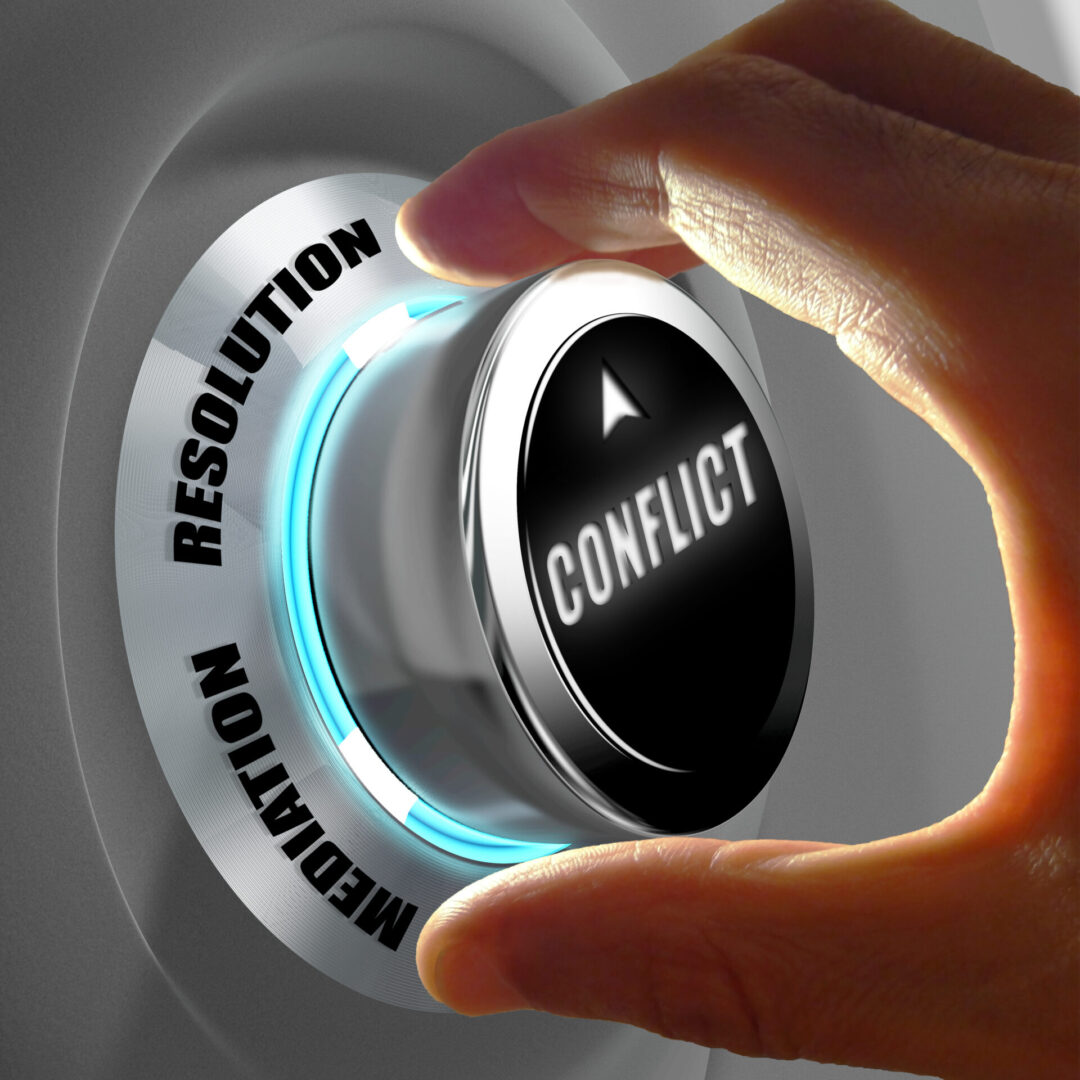

Understand Your Emotions
The dispute may inspire all sorts of emotions in you. Think about them and how they may affect you during the process. Consider planning and preparing on how you will deal with them.
If you do become upset during the Mediation, you may:
- Ask me for a break or a private session.
- Explain what you are feeling to me and the other side.
- Request to have a support person during the session.
Plan How To Communicate
Speaking angrily or criticising the other party may make it much harder to reach an agreement. Therefore, it is wise to remain calm. Consider how you might react to any of the issues the other party may raise and plan your reaction accordingly. It is part of my duties to promote clear and effective communication between you and the other party.
Consider if You Want To Take Someone With You
It is possible to bring someone with you to your mediation session. They could be:
- a support person who does not talk for you but provides emotional, physical, or other forms of support;
- someone who speaks on your behalf;
- a lawyer who may or may not speak for you but also provide you with legal advice. A lawyer also helps with drafting a settlement agreement; and/or
- an accountant or financial planner to help you understand and make good decisions about financial matters.
If you want to bring along a support person, please discuss it with me in advance. I will also inform the other party of your desire to bring along a support person and provide them with the same opportunity to do so. I will also ensure that the chosen venue has enough room for additional people.
Do You Need an Interpreter?
If you need an interpreter, you may bring one along. Just let me know in advance.
Gather Information And Documents
You should gather all the documents that are important to your case and the information that supports your case. The documents support your position and help you understand your case's strengths and weaknesses.
Think carefully before showing documents and other evidence to the other party during the mediation. It may weaken your legal case if the evidence you show them can be obtained in an alternative way. Seek legal advice if you are concerned about revealing evidence.
ADR
The term Alternative Dispute Resolution (ADR) refers to methods of resolving disputes by means other than litigation. It includes mediation, a process whereby an independent and impartial third party helps those in dispute or conflict to communicate effectively and, as a result, hopefully, resolve their dispute. While mediation is an effective means of resolving short-lived disputes, ongoing or long-lasting disputes may need further interventions.
Ongoing or lasting disputes may involve environmental issues, community issues or those associated with industry and government that are likely to be significant in shaping future societal and economic consequences. They cannot be resolved because they are not necessarily ripe for resolution. They must, however, be understood in the context of their more profound and far-reaching struggles if there is to be achieved some semblance of accord and strategy. It requires the dispute resolution practitioner to understand the essence of the needs of each party, assess how to meet those needs, and manage the parties' communications and relationships with each other. It is a longer-term or ongoing involvement.
Another issue that may require a longer-term involvement of a mediator/dispute resolution practitioner is that of conflict associated with family business transition or succession. Family business conflicts can be extremely divisive and severely affect family relationships and business success. This also may require the long-term involvement of someone experienced in business and finance and in resolving disputes. Assisting in family business transition and succession and the management of disputes associated with them is a significant part of our business.
Family Business Transition
Family business transition, including succession, refers to planned or unplanned changes associated with a family business that may significantly alter the dynamics of the business and/or the family. As such, it can cause significant conflict between the business and the family and be destructive to both. To either avoid the development of such conflict or to mitigate the damage of such disputes, a mediator/dispute resolution practitioner like me may be called upon for longer-term service.
The dynamic elements of the best practices in family business transition lie in the following:
- Awareness that the family and the business will endure over the long term and such endurance will require periodic, if not regular, transitions;
- The willingness of the family to do whatever is necessary to implement best practices in both family and business;
- Address shortfalls in capacity, whether in knowledge, skills, resources, and time, by acquiring extra resources;
- The commitment to adequate resources, doing whatever is necessary, and ensuring accountability for the completion of specific tasks within specific time frames; and
- Stamina to establish, cultivate and sustain agreed strategies, structures, and systems over the long term.
Sustainable success doesn't just happen. It must be planned and nurtured. Family and business needs, interests, and decision-making processes must be separated as completely as possible. Disputes must be adequately managed. A dispute resolution practitioner with qualifications and experience in business and finance as well as in conflict resolution will be a valuable aid to achieving best practices. The main objective of the practitioner is to help the family make the best possible long-term decisions for all the family under all circumstances. The emphasis will be on inclusion, collaboration and constructive problem-solving.
